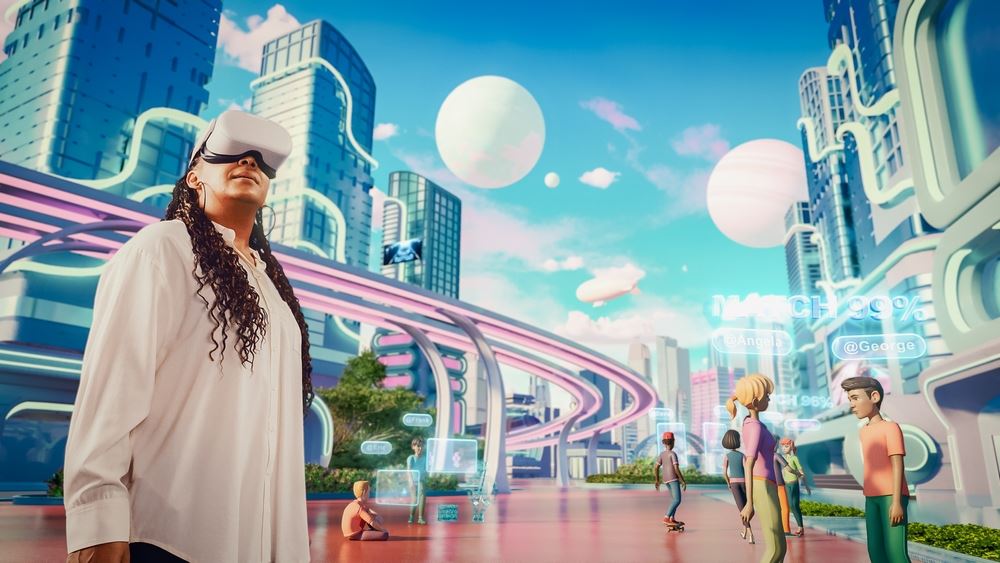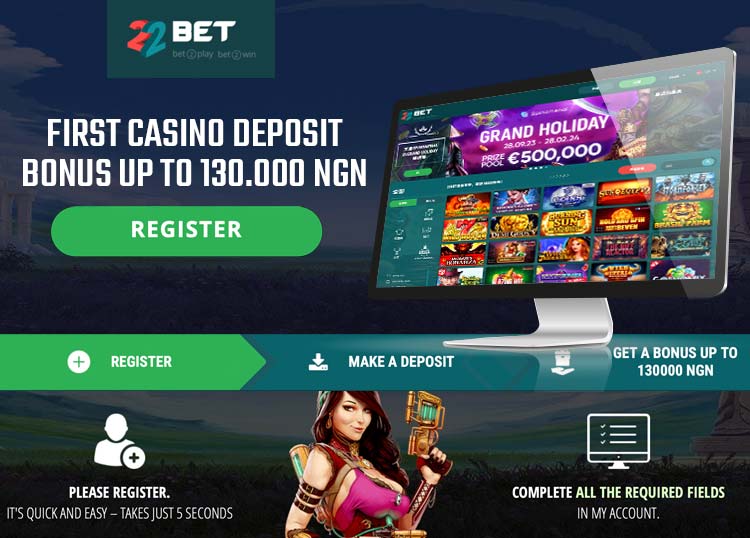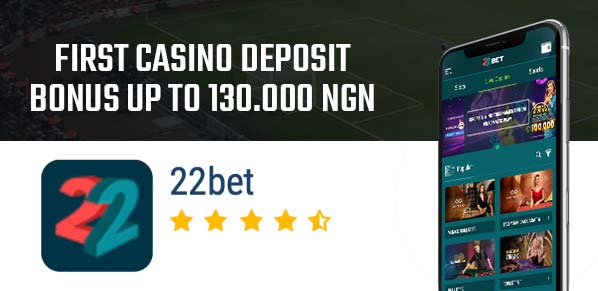The digital age has given rise to a new economic frontier, where the lines between gaming and earning blur. The metaverse, a collective virtual shared space, is at the vanguard of this transformation. In 2024, certain metaverse games have distinguished themselves as lucrative platforms where players can both enjoy immersive experiences and generate real-world income. These games leverage blockchain technology to create economies with tangible fiscal impacts, allowing virtual assets to be exchanged for cryptocurrency, and subsequently, fiat currency.
Metaverse games can be more than enticing for virtual gambling fans, too. Furthermore, they can play for real money at online casinos and find one or two great gambling sites that meet their expectations.
As the metaverse expands, discerning which games offer the most substantial income potential has become a keen interest for gamers and investors alike. In examining the landscape of 2024’s metaverse games, trends indicate that certain games stand out in terms of their earning mechanisms, user engagement, and economic sustainability. These games are building robust communities and solidifying their positions in the burgeoning digital economy, presenting both new and seasoned players with opportunities to fill their wallets as they navigate the virtual realms.
The best casino sites in Nigeria
- Large number of games developed by leading software providers
- Easy to use website
- Great Sports betting and Live Casino
- Over 80 payment methods
- Nice bonuses for new and existing customers
- Option to bet live on a sporting event
- Lots of promotions for new and loyal users
- Plenty of available betting markets
- Nigerian Based Casino (Allows Naira)
- Combines Casino with Sportsbet offer
- Unique live casino games
- In-play betting is available
- Betting on virtual sports is offered as well
- The minimum deposit is only 100 NGN
- In-play betting on sporting events
- Lots of bonuses and VIP program
- Android and iOS applications
- 24/7 Customer Support
- Multi-live betting
- Several bonuses and promotions
- Good choice of Nigerian-friendly payment options
- Great customer service
Understanding the Metaverse
The Metaverse represents the next leap in internet evolution, offering a convergence of virtual economies and gaming platforms where financial gains are a palpable reality.
Defining the Metaverse
The Metaverse is a collective virtual shared space, created by the convergence of virtually enhanced physical reality and physically persistent virtual spaces. It’s a space where users can interact with a computer-generated environment and other users.
Evolution of Virtual Economies
Virtual economies have grown from simple in-game currencies to complex systems that reflect real-world financial aspects. They allow for the trade of virtual goods and services within the confines of the Metaverse, often using cryptocurrencies and NFTs as transaction mediums.
Key aspects include:
- In-game currencies
- Real money trading (RMT)
- Non-fungible tokens (NFTs)
- Decentralized finance (DeFi)
Metaverse Gaming Platforms
Metaverse gaming platforms merge gameplay with economic opportunities, contributing to the ‘play-to-earn’ model’s rise. Many such platforms now support entire ecosystems where players can earn, spend, and invest.
Rise of Play-to-Earn in the Metaverse
The play-to-earn (P2E) model has revolutionized the gaming landscape by integrating blockchain technology, enabling players to accumulate tangible rewards while enjoying their gaming experiences.
Origin and Evolution of P2E Gaming
P2E gaming has its roots in traditional online games but took a significant turn with blockchain integration. Early blockchain games such as Axie Infinity leveraged non-fungible tokens (NFTs) to pioneer the model where players could earn by participating in the game’s ecosystem.
The concept quickly escalated as games like The Sandbox and Decentraland provided users with virtual land and in-game assets that could be bought, sold, or traded as NFTs. Progressing from merely owning digital assets, these platforms now enable staking mechanisms for cryptocurrency earning, further underpinning the value proposition of P2E games.
Key P2E Platforms and Tokens
Two major players in the P2E space are:
- The Sandbox (SAND): A virtual world where players can create and monetize their gaming experiences using SAND, the native ERC-20 token.
- Decentraland (MANA): A decentralized 3D virtual reality platform powered by the Ethereum blockchain, enabling users to purchase virtual land parcels as NFTs using the MANA token.
Cryptocurrencies associated with these platforms have become integral, with tokens like SAND and MANA offering governance and transactional capabilities within these virtual economies.
Understanding In-Game Economies and NFTs
The in-game economies of P2E platforms are sophisticated and multi-layered, mirroring real-world economic structures with supply and demand dynamics. Ownership is a central theme, with blockchain technology enabling verifiable ownership of NFTs. Here’s a snapshot of various components:
- NFTs and Ownership: Unique, tradable digital assets representing in-game items, characters, or land.
- NFT Marketplaces: Platforms where players can trade NFTs, often with cryptocurrency.
- Blockchain Technology: The underlying secure, decentralized ledger that records transactions and ownership.
P2E games have bolstered the idea of digital ownership where assets like virtual land or collectables hold real-world value, and transactions are securely facilitated using blockchain.
Top Metaverse Games Filling Wallets
The Metaverse gaming landscape is rich with opportunities for players to earn real-world value through play. Several games have distinguished themselves by offering robust play-to-earn models, transforming in-game success into tangible rewards.
Axie Infinity: Pioneering the P2E Model
Axie Infinity leverages the Ethereum blockchain, allowing players to collect and battle creatures called Axies. Each Axie is an NFT, meaning they are unique digital assets owned by the player that can be sold or traded. The game’s economy revolves around Smooth Love Potion (SLP), an in-game token which can be earned through gameplay and used for breeding new Axies, or exchanged for other cryptocurrencies.
The Sandbox: A World of Creative Play
The Sandbox offers a voxel-based platform where users can create, own, and monetize their gaming experiences. It provides a suite of tools like VoxEdit and Game Maker for content creation. Players and creators can buy and sell virtual assets using the platform’s currency, SAND, an ERC-20 token on the Ethereum network, making it a thriving ecosystem for user-generated content.
Decentraland: Virtual Real Estate and Beyond
Decentraland is a pioneering virtual world owned by its users, where the native cryptocurrency MANA allows for the purchase and sale of digital land and various interactive experiences. Buoyed by a robust marketplace, participants can own property, and wearables, and explore an array of activities, resulting in a dynamic economic engine within the virtual realm.
Emerging Contenders in the Metaverse Arena
The metaverse gaming space is expanding, with games like Illuvium, Alien Worlds, and My Neighbor Alice carving out their niches. These play-to-earn games offer unique mechanics and in-game economies. For instance, Illuvium is gaining traction for its high-quality, auto-battler gameplay on the Ethereum blockchain, while Alien Worlds entices players with its interplanetary exploration and mining operations. My Neighbor Alice appeals with its charming social simulation where players can own virtual islands and interact within a community, contributing to the breadth of the metaverse gaming economy.
Investing in the Metaverse: NFTs, Land, and Crypto
The Metaverse offers unique investment opportunities through assets such as NFTs, virtual land, and cryptocurrencies. Here we explore how these assets are changing the investment landscape.
Acquiring Virtual Assets: From Land to Avatars
Investors looking to diversify their portfolios can consider virtual real estate in platforms like Decentraland and The Sandbox. Virtual land is purchased as NFTs, representing a distinct parcel on a platform’s map. These parcels can be developed similarly to physical real estate – from erecting virtual buildings to creating experiences. Furthermore, avatars and custom in-game items, also bought and sold as NFTs, are central to personalizing one’s presence and engagement within the Metaverse.
Leveraging NFT Marketplaces for Trading
NFT marketplaces such as OpenSea provide a platform for trading in-Metaverse assets. Here, NFTs are not limited to artwork but include anything from in-game assets to domain names. A simple transaction process typically includes:
- Browsing available assets.
- Connecting a crypto wallet like those operating on Ethereum.
- Executing the trade, securing the NFT token within one’s digital wallet.
To make informed investment decisions, trading NFTs requires attention to factors such as rarity, utility, and demand.
Cryptocurrency and Blockchain: The Backbone of P2E
Cryptocurrency and blockchain technologies are the foundations of Play-to-Earn (P2E) games. These games reward players with tokens that have real-world value, which can be traded on exchanges. Cryptocurrencies like MANA (Decentraland), SAND (The Sandbox), and AXS (Axie Infinity) act as de facto currencies, facilitating transactions within respective ecosystems. Built primarily on the Ethereum blockchain, these platforms ensure:
- Secure transactions
- Proof of ownership
- A decentralized economy
Participation in P2E activities or trading these crypto-assets can potentially fill an investor’s wallet by tapping into the Metaverse’s expanding economy.













